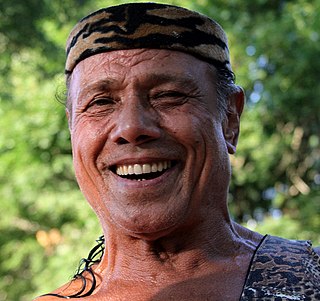A Quote by Natalie Portman
I studied psychology in school, and the best psychology is in literature. It's so much easier to understand a character than a theory. You can recognize yourself—or other people—in a different way.
Related Quotes
The first reason for psychology's failure to understand what people are and how they act, is that clinicians and psychiatrists, who are generally the theoreticians on these matters, have essentially made up myths without any evidence to support them; the second reason for psychology's failure is that personality theory has looked for inner traits when it should have been looking for social context.
The psychology for the person who's actually doing it is completely different. I think I probably needed to put that [hired-hand] psychology in my own head to be able to do the job. Otherwise it would just be too scary. People outside make it much bigger than me. I'm not saying in my head, "Oh, my god, what an amazing idea!" It scares me if I would do that.
Faculty Psychology is getting to be respectable again after centuries of hanging around with phrenologists and other dubious types. By faculty psychology I mean, roughly, the view that many fundamentally different kinds of psychological mechanisms must be postulated in order to explain the facts of mental life. Faculty psychology takes seriously the apparent heterogeneity of the mental and is impressed by such prima facie differences as between, say, sensation and perception, volition and cognition, learning and remembering, or language and thought.




































